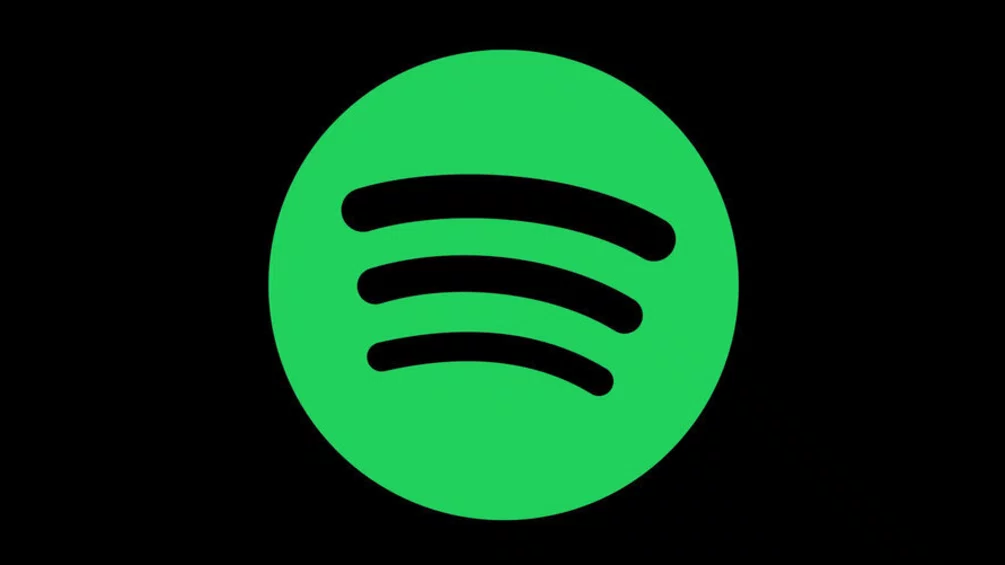
Spotify will pay songwriters $150 million less next year, report estimates
Spotify will pay songwriters and publishers approximately $150 million less next year than they have done previously, a new report by Billboard has estimated.
The report states that this is down to the streaming platform now giving premium subscribers access to 15 hours of audiobooks each month. By adding audiobooks into its premium tier, the company now allegedly claims it qualifies to pay a discounted ‘bundle’ rate to songwriters for premium streams, given it now has to pay licensing for both books and music from the same price tag. These changes also apply to the company’s duo and family subscription plans.
All of this comes against a backdrop of Spotify having recently increased its premium subscription cost from $9.99 to $10.99, a move which many hoped would lead to the streaming platform upping its payout rates to songwriters and publishers going forward. Last month, Spotify also demonetised all tracks with under 1,000 streams on the service.
Billboard has calculated that songwriters will earn an estimated $150 million less in US mechanical royalties from Spotify’s premium, duo and family subscription plans for the first 12 months under the changes, in comparison to what would have been paid out if these three subscriptions were never bundled.
These new rates came into effect in March 2024, so the estimates of paying out $150 million in the first 12 months apply from that month onwards.
Responding to reports regarding a decrease in payouts, a Spotify spokesperson has said: “Spotify is on track to pay publishers and societies more in 2024 than in 2023. As our industry partners are aware, changes in our product portfolio mean that we are paying out in different ways based on terms agreed to by both streaming services and publishers.
“Multiple DSPs have long paid a lower rate for bundles versus a stand-alone music subscription, and our approach is consistent.”
According to Spotify’s latest earnings figures, the company is growing at a steady rate, with premium subscribers having increased 14% year-on-year, while global premium revenue is up 20% year-on-year.





